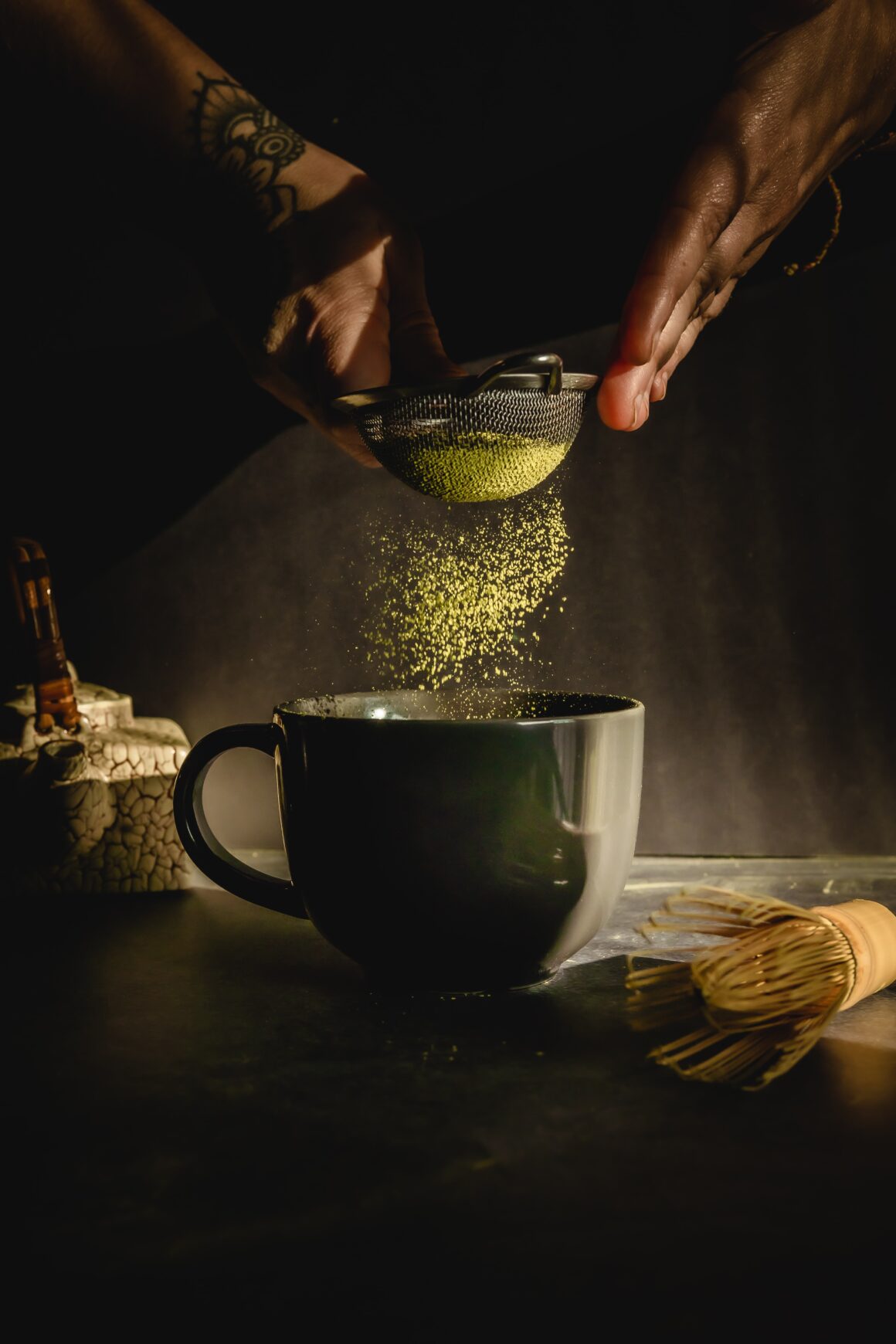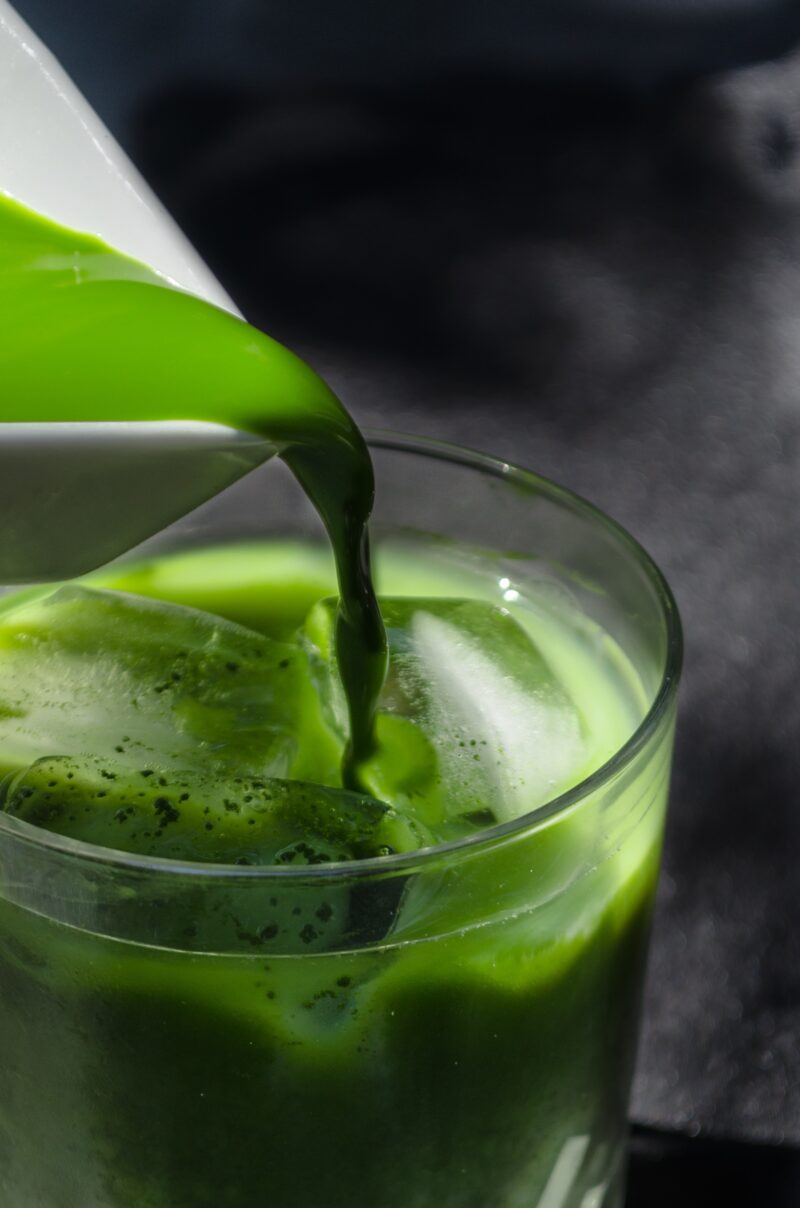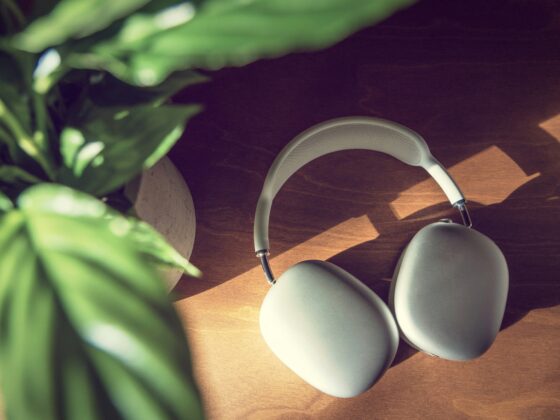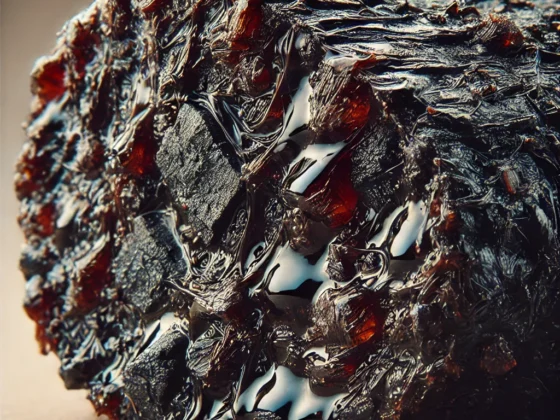Matcha, the vibrant green powdered tea, has been gaining popularity in recent years as a healthier alternative to coffee. But what exactly makes matcha better than coffee? Let’s delve into the reasons why matcha powder reigns supreme.
First and foremost, matcha is known for its abundant health benefits. Unlike coffee, which can leave you feeling jittery and anxious, matcha provides a calm yet focused energy boost. This is due to its unique combination of caffeine and L-theanine, an amino acid that promotes relaxation and mental clarity. While coffee may give you a temporary burst of energy followed by a crash, matcha offers sustained energy throughout the day without the unwanted side effects.
Furthermore, matcha is packed with antioxidants, specifically a type called catechins. These powerful compounds help to fight against free radicals in the body, reducing the risk of chronic diseases such as heart disease and cancer. In fact, matcha contains significantly higher levels of antioxidants compared to regular green tea, making it a potent superfood. Coffee, on the other hand, lacks the same antioxidant profile as matcha, making it a less nutritious choice.

Another reason why matcha is superior to coffee is its impact on metabolism and weight loss. Matcha has been shown to increase thermogenesis, which is the body’s ability to burn calories. This means that drinking matcha can actually help boost your metabolism and aid in weight loss. Coffee may provide a temporary increase in metabolism due to its caffeine content, but it doesn’t have the same lasting effect as matcha.
Moreover, matcha is gentle on the digestive system compared to coffee. Coffee can often lead to acid reflux, stomach ulcers, and other gastrointestinal issues due to its high acidity levels. Matcha, on the other hand, has an alkalizing effect on the body, reducing acidity and promoting a healthy gut. This makes it a better choice for individuals with sensitive stomachs or digestive disorders.
Lastly, matcha offers a wider range of culinary possibilities compared to coffee. Matcha powder can be used in various recipes such as smoothies, lattes, desserts, and even savory dishes. Its vibrant green color and earthy flavor add depth and complexity to any dish it is incorporated into. Coffee, on the other hand, is mostly limited to being consumed as a beverage in its traditional form or as an ingredient in baked goods.
In conclusion, while both matcha and coffee have their own unique flavors and benefits, matcha emerges as the healthier choice overall. Its abundance of antioxidants, gentle energy boost, metabolism-boosting properties, digestive benefits, and versatility in cooking make it a superior alternative to coffee. So next time you’re looking for a pick-me-up or a flavorful ingredient for your recipe, reach for a cup of matcha instead of your usual cup of joe. Your body and taste buds will thank you!












